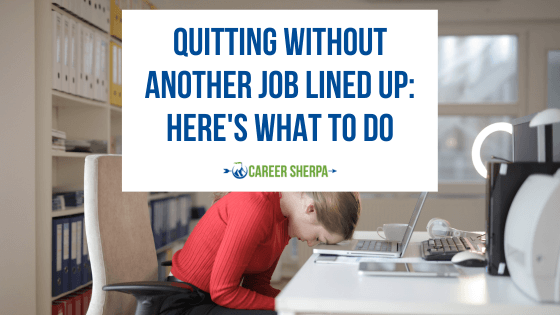7 Things Employers Want To Find Out During Job Interviews

The job interview is an essential part of the screening process for employers. It helps employers dig deep beyond the resume to find out about 1) your experience and skills for the job, 2) whether you’re a good fit for its workplace culture, and 3) your career goals and outlook to determine how dedicated and loyal you’ll be to the job and continued employment with the company.
Asking questions is essential to helping employers make the right decision on which job applicant to select for the job. So, let’s break down some of the typical interview questions you may be asked and what employers are really trying to find out so that you can provide the best response.
1. “Talk About One Of Your Greatest Achievements At Work.”
When employers ask this question, they are trying to see what you consider important on the job and are also trying to understand your key skill set. The best response is an example that can directly relate back to the job you’re applying for.
2. “Talk About A Time You Faced A Major Challenge At Work.”

Employers are always trying to see how you face obstacles at work and your approach to dealing with them. Regardless of the challenge you present, the key is to demonstrate that you were able to overcome it and bring results of success.
3. “What’s Your Greatest Weakness?”
Employers want to see how honest you are, and the way you answer can also shed light on if you’re able to overcome obstacles. Everyone has a weakness, so provide an honest answer but finish off your response with how you’ve worked to improve on it so it actually isn’t a weakness anymore.
4. “Where Do You See Yourself In 5 Years?”

Employers want to find out your long-term goals and how they may fit into their plans. Your response should inform the employer that you’re dedicated to the profession and you have a confident outlook to move up in your career with even more experience and skills to succeed on the job. Do not give an answer that indicates you may not stay with the company.
5. “Describe To Me The Type Of Work Environment You Desire.”

It’s important that employers ensure you can fit in culturally and they want to understand the type of worker-boss management relationship desired. Say the person supervising is a micromanager, but you are one who has self-drive and desires empowerment. In such a case, conflict is highly likely.
Do your research ahead of time to understand the employer’s workplace culture so you respond accordingly. But it’s also important in helping decide whether you should even apply for a job because you want to work in an environment where you’ll be happy.
6. “Why Do You Want To Work With Us?”

Employers need to find out if you’re a serious candidate for the job and if you have a true desire to work for the company and in the specific field you’re applying to. If you do your research beforehand, you will have an idea of things you can call out about the employer that impress you. It’ll also inform the employer that you’re not just randomly applying to any job, but that you have a true desire to work for them.
7. “Why Are You Leaving Your Employer?”

Employers will ask this question to try to better understand your long-term goals. It’s also to ensure that the reason you’re leaving is not one that may present itself again on the new job.
If you were fired from your job, the employer wants to ensure the problem or concerns about being fired do not carry over to the new job. Focus on a response that speaks to your desire for more challenge and that will allow you to utilize your experience and skills, and help you to continue to grow them.
When you understand what employers are really trying to find out with the questions they ask, you can tailor your responses so that you come off as the best candidate for the job.
Need more help with your job search?
Become a member to learn how to land a job and UNLEASH your true potential to get what you want from work!
This article was originally published at an earlier date.




